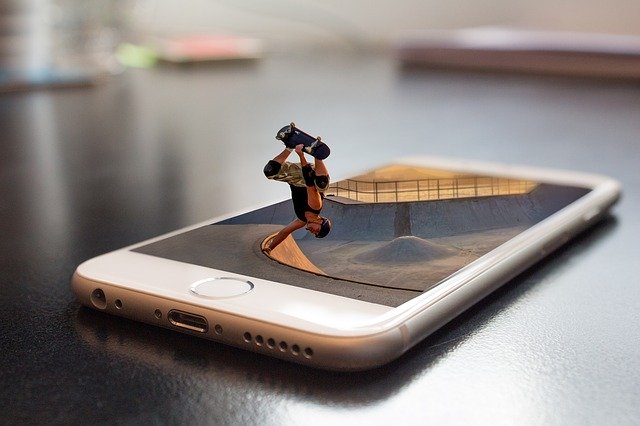The Internet of Things (IoT) and Big Data is also revolutionising the world of sports. The data are benefiting athletes in training, the sales to the organizers of sporting events, spectators in their safety, etc.
Big Data tools are being successful in this sector thanks to the IoT. Can a connected racquet give change the way of thinking about tennis? Moreover, does a smart surfboard revolutionise competitions?
In this article, we are going to discuss the potential of IoT and Big Data in the world of sports. Wearables, mobile platforms and connected objects will mark a before and after in sports activities.
How data is revolutionizing sports
The data collected during sporting events is precious. Nowadays, we can find many athletes who have the help of data analysis specialists on their teams.
Coaches find this information useful when planning strategies and making decisions. They can also create complete player profiles. This type of analysis is a trend that is on the rise and that has a great impact.
Many teams and athletes are equipping themselves with novel technologies. When playing a sport, a large volume of data that is not noticeable to the human eye is collectable. For example, sensors with IoT technology used on athletes’ uniforms. The most advantageous thing is the information obtained in real-time. Therefore, coaches can modify tactics at game time.
On the other hand, it is also important to mention that Big Data applies to sports fans. Many fans will consume products whilst attend a sporting event. Thanks to IoT technology, numerous data about these people can be found out. Shops can prepare to serve these fans and offer a good experience.
There is increasing customization, especially in smart enclosures. Attendees can connect in a fun and exciting way. For instance, have a map of the grounds that they indicate the seat, the location of restaurants, etc.
The best performance of IoT technology is achievable in training, security and engagement with fans.
IoT to know the physical state of the athlete
More and more teams are turning to monitors to get an overview of the athlete’s or physical condition. Many data is collectable such as pulse, calories, heart rate, blood oxygenation, etc. Knowing the physical state in real-time is very motivating.
This is how smart devices have become an advantage for both athletes and coaches. They are critical so they prevent injuries.
The most competitive teams have chosen a software for management that allows them to operate the data collected by these devices. With data analysis, they have managed to improve the health and well-being of their players.
On the other hand, a lot of information is gatherable from training facilities. For instance, IoT and Big Data implemented in swimming competitions. Data is collected by sensors worn by swimmers and complemented with images captured by cameras outside and in the water.
Furthermore, thanks to software for management, they can analyse all the data collected on the performance of the swimmers. Consequently, the coaches can discover which are the strongest or weakest points of swimmer and work the technique.

The sports world is cutthroat thereby doing good data management can make a difference. The information obtained from IoT devices can mean the achievement of many competitions.
Such is the importance of the data in the sport that correct small details to improve performance. Before, it was unthinkable to have software tools that allowed the management of this data.
In conclusion, each time more teams are betting on management software that configurable by themselves so that their athletes win the competitions. They are a fundamental technological base to ensure sports innovation.
